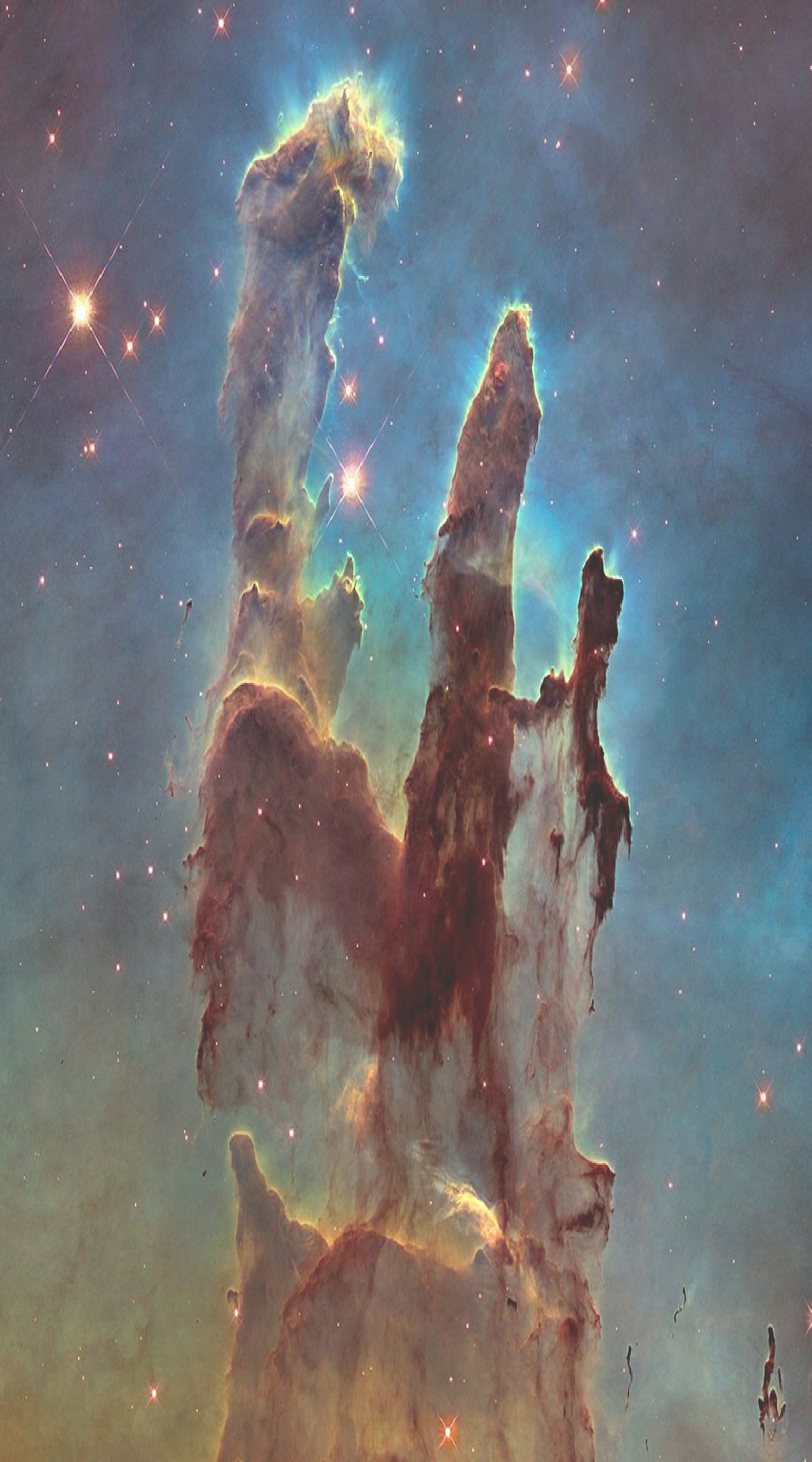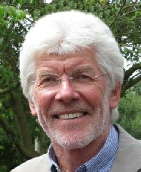
Acknowledgment: image from Hubble telescope for personal use
Site content copyright Andrew McLauchlin 2014, 2015,
2016,2017, 2018


WHAT REALLY HAPPENS WHEN YOU DIE

Have you ever wondered what happens to you when you die?
Or do you try not to think about it? Then read on -

Ask a group of people what happens when you die. Some will say they have no idea; others may say there’s some form of heaven; most will say grimly that you’re dead and that’s the end, ashes and zilch! A few hopeful souls might talk about near death experience though a near death experience is as likely to give you the experience of death as a near pregnancy experience will give you the experience of pregnancy. All these people will doubtless, however, have one thing in common: they are not enamoured by the prospect of dying.
If you want to read more, click here

Astrology may be bunk, but your future could still be found in the stars. Or more correctly, in the universe. Because you are part of the universe, you are hitched to it, and so your fate is inexorably linked to its future. And although you may think that you will be dead and gone long before the fate of the universe could have any relevance to you, you would be wrong. For years, cosmologists have been trying to work out what the universe is going to do – eventually. The best known of these is, of course, Stephen Hawking. There are different views, but all are agreed that the universe can evolve in just one of two ways. It can go on forever or it can collapse in a cataclysmic implosion. So we don’t really know? Well it might not matter, because both these scenarios offer the same conclusion about our fate – yours and mine. And it’s all wrapped up in the nature of Time.
Last updated 9 August 2018

At the heart of the matter are seven well-
1) Whilst at the atomic scale, science is complex, at the opposite, universal scale, it is simple.
2) Infinite time – the current view of the fate of the universe -
3) Time only exists for us when we are conscious.
4) Circularity lies at the heart of nature. All physical phenomena have either obvious circularity or wave properties which are based on circularity.
5) Because gravitational energy, the energy needed to pull matter apart, is negative, and matter energy is positive, the universe could have sprung out of absolutely nothing, no space, matter or time.
6) When two things or events are absolutely indistinguishable, they must be considered as one and the same thing or event.
7) Our identity, or consciousness, which is unique to the human species, is solely accounted for by our memory of ourselves and our life.
